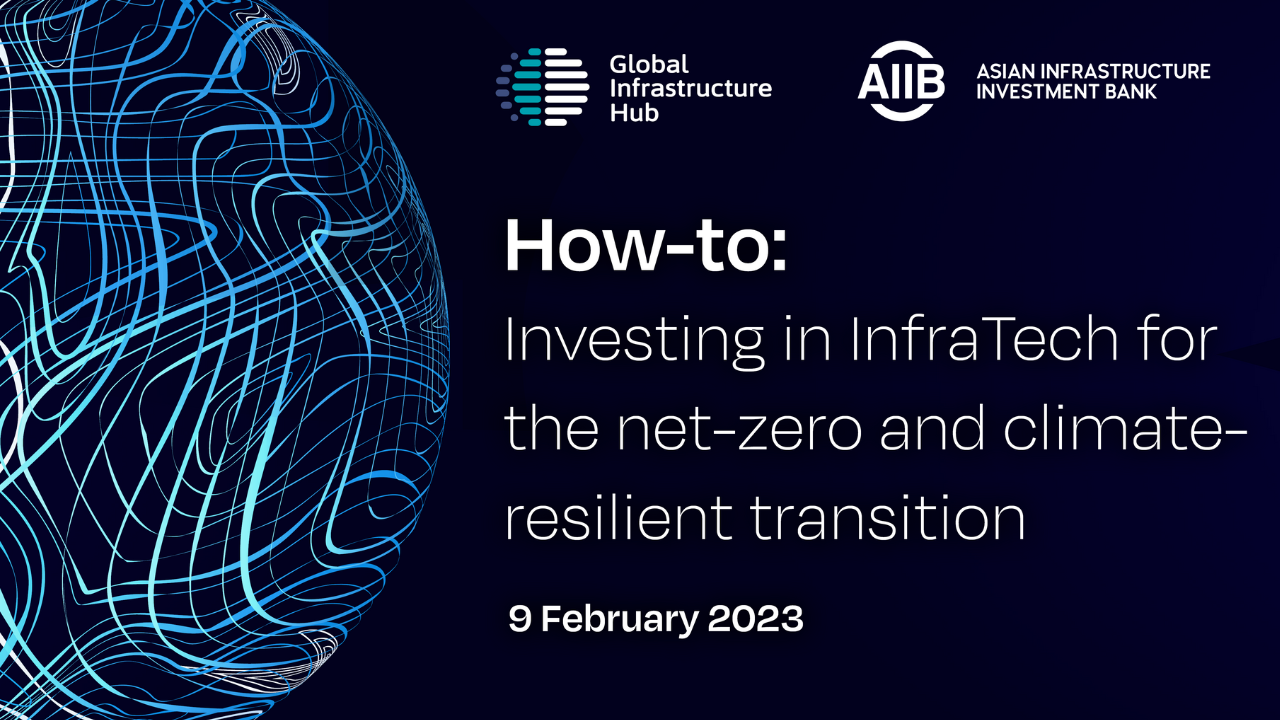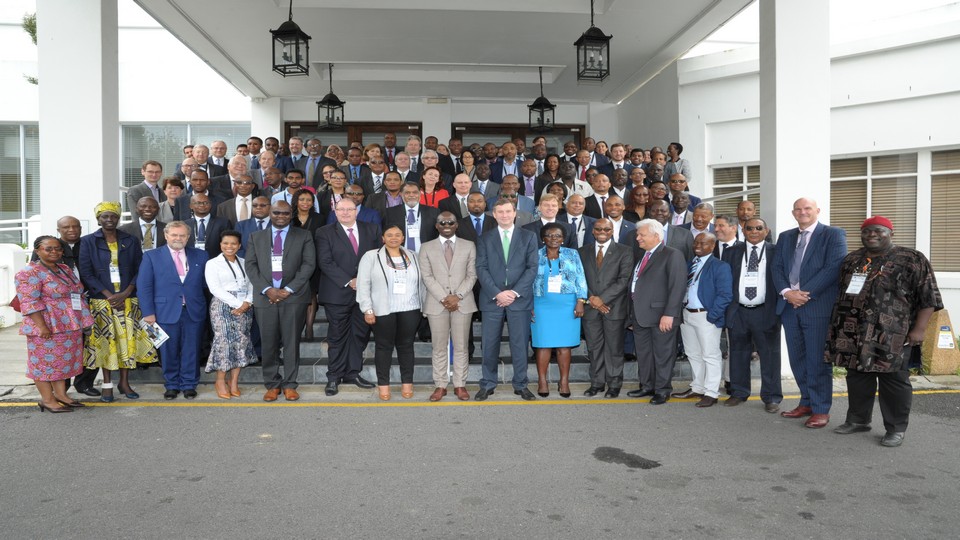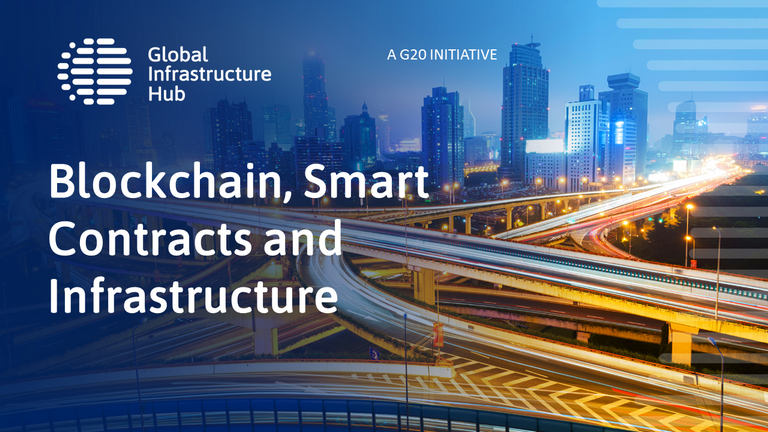928 results found
Featured results



More results
In April 2021, the GI Hub hosted a workshop for the G20 Infrastructure Working Group (IWG) on the role of infrastructure in the circular economy. The workshop brought together the following experts in circular economy and infrastructure to identify synergies between the two sectors and explore how these opportunities can be implemented across the world.
A recent webinar co-hosted by Jacobs and the Global Infrastructure Hub focused on turning inclusivity frameworks into practical results in infrastructure planning and delivery.
On 19 January, the Global Infrastructure Hub hosted a seminar in collaboration with the G20 Infrastructure Working Group (IWG) on ‘Scaling up sustainable infrastructure investment by leveraging private sector participation’.
Join the GI Hub and Asian Infrastructure Investment Bank for a webinar that will present the case for investing in infrastructure technology (InfraTech) to support the transition to net zero.
Join a panel of international experts and learn how inclusive infrastructure can drive social equity and sustainable development, as we launch of the Certificate in Inclusive Infrastructure.
Join us in-person or virtually during COP28 for ‘Revolutionizing Resilience’ to see how innovative funding and financing, technology, and creative thinkers can help us build and adapt infrastructure to handle the challenges of our changing climate.
InfraCompass is an interactive tool that looks at the infrastructure capabilities of 49 countries.
Although the topic of infrastructure may not attract bold headlines, the reality in many parts of the world is that the inadequate provision of critical infrastructure...
A major factor hindering infrastructure implementation and delivery is the absence of good governance, according to the 130 delegates from 27 countries who came together for the first Regional Roundtable on Infrastructure Governance in Cape Town in November.
Over the past few decades, there has been substantial change in living standards globally. Keeping pace with profound economic and demographic changes will require a significant increase in infrastructure investment.
In Buenos Aires on 23 March, the G20 Finance Ministers announced that infrastructure would remain a priority for at least the next three years—a very welcome announcement for those in the private sector who have long called for greater global coordination of efforts in this area.
Over the last decade, much has been written about globalisation and how we’re more connected than ever before. In the infrastructure world, we think of connectivity as the “linkages of communities, economies and nations through transport, communications, energy, and water networks across a number of countries” .
In the world of infrastructure, technological change presents both a challenge and an opportunity. The challenge arises because of the large capital investments which infrastructure projects normally require and the threat that the infrastructure may become obsolete before the investors – whether they are public or private investors – can fully recover their costs. At the same time, there is an opportunity, namely that by using new technologies, we can deliver infrastructure services to the public in a way that is both more efficient and more effectiv
The participants of the second Regional Roundtable on Infrastructure Governance held in Côte D’Ivoire last week reinforced the need for good governance across all stages of infrastructure delivery. The Regional Roundtable was the second of its kind, with the first held in South Africa in November 2017.
When we as consumers decide to invest our money—whether through shares, bonds, or other instruments—we look at whether our investment will deliver a solid financial return. It makes sense then that the same risk-return principle is applied to investments in infrastructure.
Infrastructure can often be used as a pawn in the political chess game, not only at a federal level between political parties, but at a foreign policy level too. It’s crucial that a cross-border infrastructure project has political support and cooperation from all parties involved, and that it’s being supported not for political gain, but to further regional development. A lack of strong political leadership can be detrimental to a cross-border project, and weak capacity can be a deterrent to investors.



 Infrastructure and Circular Economy
Infrastructure and Circular Economy




















